Infertility is a developing difficulty for plenty of couples these days. While several factors influence fertility, starting from the way of life to genetics, the function of nutrition is frequently underestimated. The food we eat can profoundly impact our reproductive fitness, and for the ones looking to conceive, a fertility-pleasant weight-reduction plan may be a vital part of the adventure.
In this comprehensive manual, we’ll explore the connection between weight loss programs and fertility, and the way making conscious meal alternatives can grow your possibilities of conception. From specific vitamins to avoid, we’ll walk you through a fertility-boosting plan tailored to nourish both body and soul.
Understanding the Role of Diet in Fertility:
Fertility is a complex system that entails hormone production, ovulation, sperm health, and universal reproductive wellness. Diet without delay impacts every one of those components, influencing hormone balance, egg nice, or even the fitness of a capacity being pregnant.
The meals you consume no longer have an effect on your fertility however, they additionally help protect against conditions that can impair reproductive health, which include polycystic ovarian syndrome (PCOS), endometriosis, and weight problems.
A fertility-friendly food regimen specializes in entire, nutrient-dense ingredients that support reproductive hormones, modify blood sugar levels, and sell a wholesome weight. Let’s dive into the important thing components of a fertility-boosting food plan. Key nutrients that increase fertility.
1. Antioxidants:
Antioxidants like vitamins C and E, beta-carotene, and folate are important for reproductive health. They help reduce oxidative stress in the body which can damage eggs and sperm cells. Research shows that antioxidants improve sperm count and motility, as well as help with healthy ovulation.
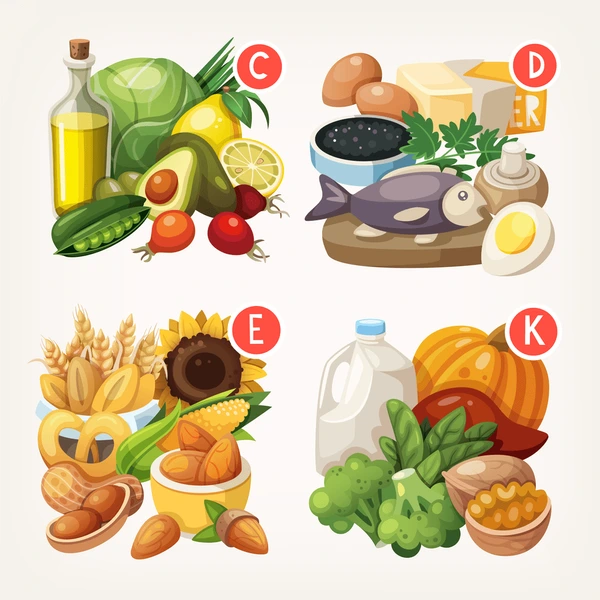
Positive results:
Fresh fruits (berry, citrus, kiwi).
Green leaves (spinach, kale)
nuts and seeds (almonds and sunflower seeds).
Colorful vegetables (peppers, carrots).
2. Folate synthesis:
Folate, also known as vitamin B9, plays an important role in cell division and DNA synthesis, so it is important for men and women trying to conceive Proper intake of folate before and during pregnancy reduces the risk there to get the birth defects down and improves reproductive success.
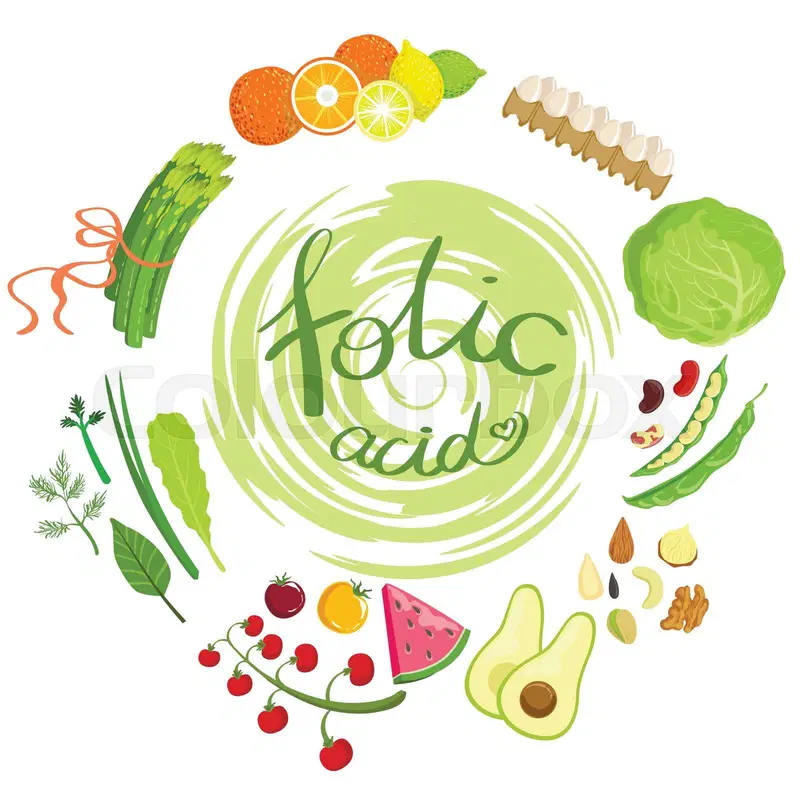
Positive results:
Black leaves are green
Corn (ban, corn) .
Avocado products
compressed rice
3. Omega-3 fatty acids:
Omega-3 fatty acids, especially EPA and DHA, support reproductive hormone production and improve blood flow to the reproductive organs. These healthy fats also help regulate inflammation, which is important for conditions like endometriosis or PCOS.
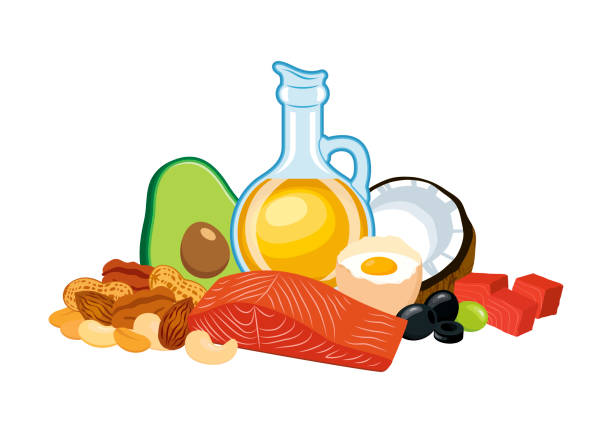
Positive results:
Oily fish (salmon, shark, sardines) .
Walnuts for food
flax seeds and chia seeds
Algae Oil (Plant-Derived Omega-3) .
4. Zinc synthesis:
Zinc is essential for sperm development, hormone regulation, and ovulation. Studies show that zinc deficiency can lead to hormonal imbalances and low fertility rates. Adding zinc-rich foods to your diet can boost sperm quality and improve overall reproductive health.

Positive results:
Shellfish (shellfish) .
Red meat
Pumpkin seeds
A beautiful chutney
5. Metalwork:
Iron deficiency is common in women of childbearing age and is associated with an increased risk of infertility. Iron supports ovulation and provides a healthy lining of the uterus, which is necessary for implantation.
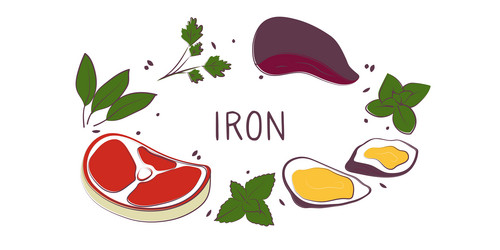
Positive results:
lean red meat
Raising babies
spinach
The lentils
6. Vitamin D deficiency:
Vitamin D is essential for hormones involved in menstruation and sperm production. Studies show that individuals who are deficient in vitamin D can have difficulty conceiving, making this nutrient important for both partners.
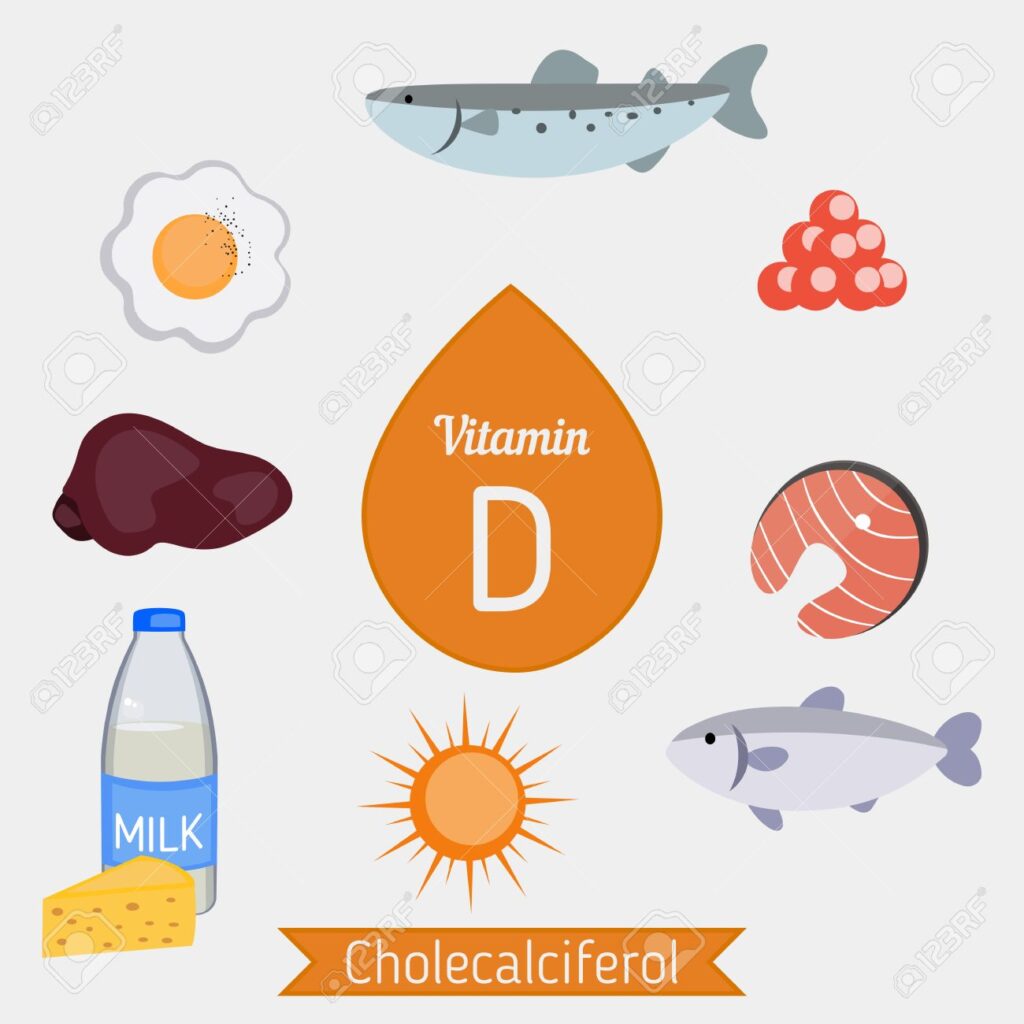
Positive results:
Exposure to sunlight (induces natural vitamin D synthesis) .
Fatty fish (tuna, salmon) .
Fortified foods (milk, plant-based dairy products) .
Eggs for eggs
Foods to limit or avoid for optimal fertility
Some foods can boost fertility, while others can hinder your chances of conceiving. Here’s what to avoid:
1. Refined carbohydrates and sugary foods:
Foods high in sugar, such as white bread, sugary foods and soda, rapidly raise blood sugar levels, leading to insulin resistance—a condition strongly associated with infertility, especially in women who have it in PCOS
2. Trans fats:
Trans fats in processed and refined foods interfere with ovulation and increase inflammation, both of which negatively affect fertility. These fats reduce sperm count and ejaculation.
3. Caffeine in the body:
Although moderate caffeine intake (up to 200 mg per day) may not have a significant effect on fertility, excessive caffeine intake is associated with an increased risk of delayed pregnancy and miscarriage Skip coffee and tea limit intake, and avoid energy drinks.
4. Drinking alcohol:
Studies show that even mild alcohol consumption can affect fertility by disrupting hormone levels and reducing sperm quality. For those who are actively trying to conceive, it is better to lose weight.
Reproductive Nutrition: A Food System Model:
Breakfast: Smoothie bowl
Stir in coconut, nuts, chia seeds, Greek yogurt and almond milk.
Top with walnuts, pumpkin seeds and a drizzle of honey.
Snacks: Fresh fruits and vegetables
Alcohol (almonds, walnuts) mixed with apples or pears.
Lunch: Quinoa salad
Toss cooked quinoa with avocado, cherry tomatoes, cucumber and grilled chicken.
Drizzle with olive oil and lemon juice for a fresh, easy-to-reproduce dessert.
Snacks: Greek yogurt with fruit
Greek yogurt is packed with calcium and protein, while fruit boosts antioxidants.
Dinner: Grilled salmon with roasted vegetables
Serve grilled salmon (rich in omega-3) with mashed potatoes, carrots and a leafy green salad.
Dessert: Dark chocolate
A small portion of dark chocolate (70% cocoa or more) is a healthy treat packed with antioxidants.
Lifestyle counseling to assist reproduction:
1. Maintain a healthy weight:
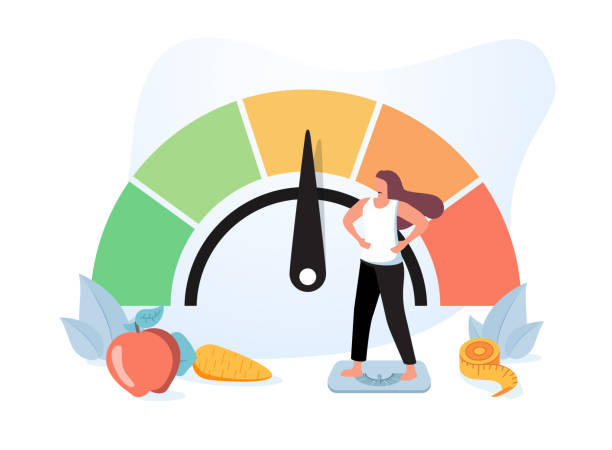
Underweight and overweight individuals have hormonal imbalances that affect fertility. Aim for a healthy body mass index (BMI) to optimize reproductive health.
2. Exercise moderately:

Exercise is beneficial for maintaining a healthy weight and regulating hormones, but avoid over-exercising which can interfere with ovulation. Stick to normal activities like walking, swimming and yoga.
3. Deal with stress:

Chronic stress can interfere with hormone production, affecting ovulation and sperm quality. Incorporating relaxation techniques such as meditation, deep breathing and acupuncture can help your fertility journey.
4. Get enough sleep:

Sleep is essential for hormones to work properly, and sleep deprivation can reduce fertility. Aim for 7-9 hours of sleep per night so your body can get the rest it needs to support reproductive health.
FAQs:
- Can certain foods actually increase my chances of getting pregnant?
Yes, diet plays an important role in reproduction. A nutrient-dense and balanced diet helps regulate hormones, improve egg and sperm fertility, and support overall reproductive health. Including fertility foods like green vegetables, oily fish, nuts and seeds can increase your chances of conceiving. - Should I take birth control pills?
While it is best to get most nutrients from food, some individuals may benefit from supplements, especially vegetarians. Key nutrients for fertility include folic acid, vitamin D, omega-3 fatty acids and zinc. Always consult with a health care provider or nutritionist before starting any supplement.
By adopting a fertility-free diet and making mindful changes in lifestyle, you can create the best possible environment for pregnancy. Small, consistent changes to your nutrition and daily habits can have a profound effect on your reproductive health, empowering you on your journey to parenthood.

